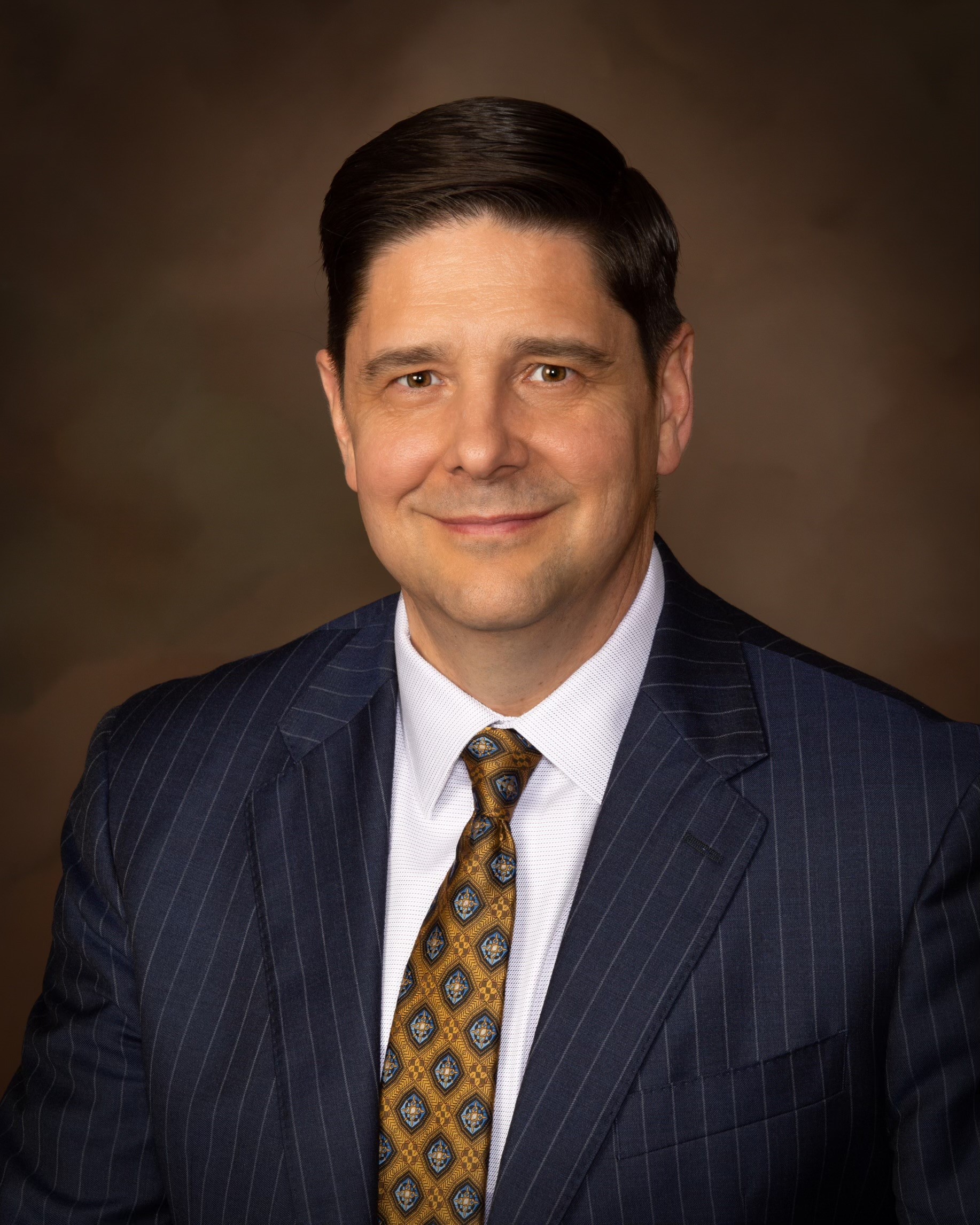Letter from the President, Mark Packard
Dear Central Bank Customers,
Thinking back on my childhood in Springville, I recall simpler times when we weren’t so preoccupied with security threats. Each summer night my family would go to bed with the back door open to let the cool breeze gently move through the house. The screen door was latched to the door frame providing the only protection between us and the outside world. We never worried about our lack of caution or the light nature of our security.
Only a few years ago, it was customary to put personal information on our checks so recipients would not have to ask for it later. We casually disclosed sensitive information like birth dates, Social Security numbers, current addresses, and phone numbers. How things have changed!
We live in a much different world today. We are no longer isolated from the dangers of the world. Not only do we worry about making sure our doors are all locked, but we worry about stopping strangers from getting access to our private information.
I recommend some simple practices to help your personal information remain private:
- Only open emails, attachments, and links from people you know. And be sure that the links you do click on are well known to you and not a well-camouflaged fake of an existing site.
- Be suspicious of all email and telephone requests for personal information. A fraudster can easily identify himself as a government employee, police officer, or someone from your financial institution. If you receive a call from anyone requesting personal information, say you will need to call back. Look up the institution’s number in a phone book or on the internet and use it to call back. Do not use a phone number given to you by the unknown caller.
- Install antivirus software, filters, and blocks on your personal computer and smartphone to discourage someone from hacking your devices. Remember to update your software often for maximum security.
- Use common sense—if something sounds too good to be true, it probably is! You may get solicitations over the phone or internet offering wonderful returns for your time or money if only you will answer some simple questions. Eventually, you will be asked for some personal information like banking data or a Social Security number that can be used for criminal activity. Think about any information you’re asked to provide, and if it could be used maliciously, don’t give it out.
Sincerely,
President, Central Bank





